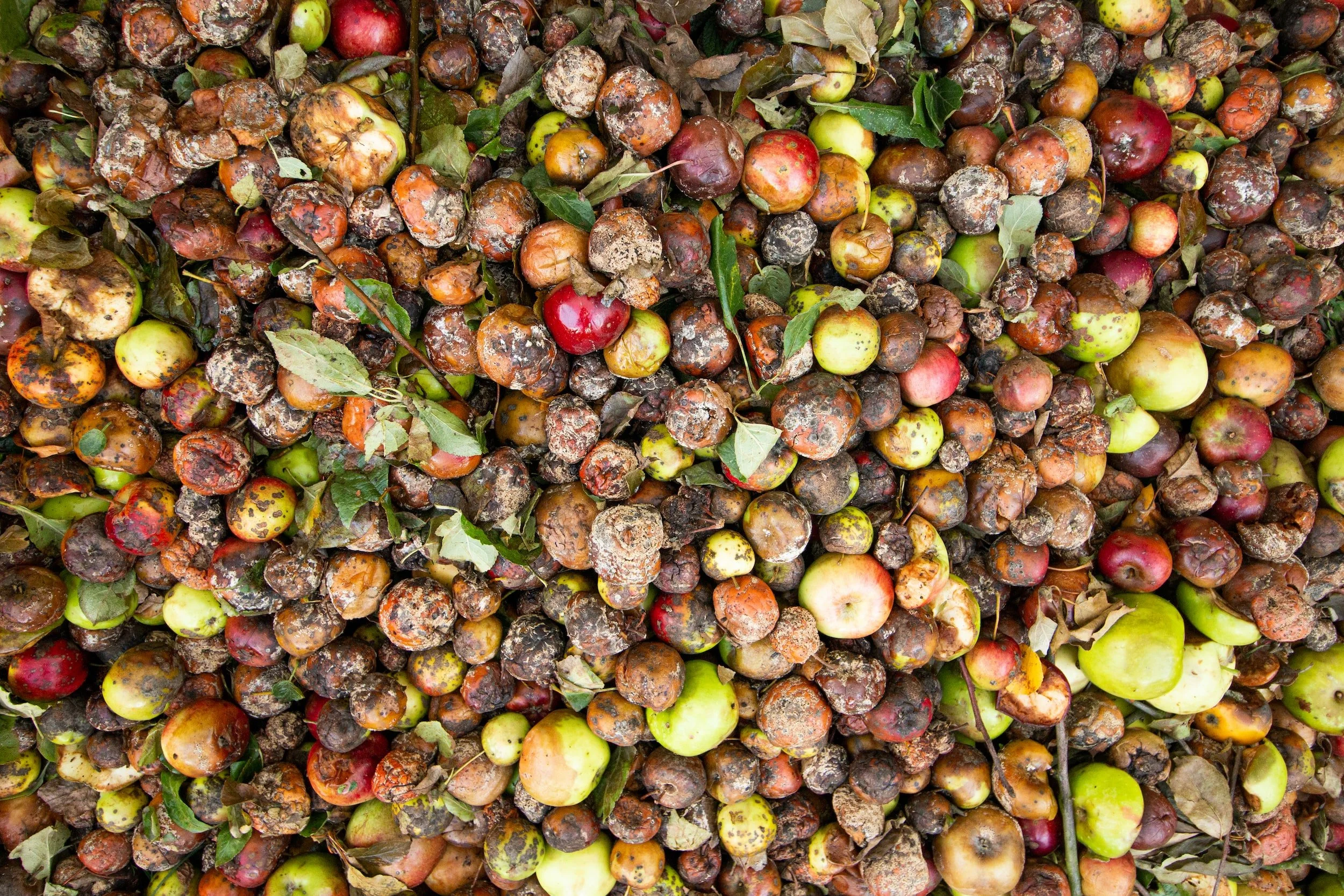7 Simple & Practical Ways to Cut Down On Waste
We all know that waste is a major problem when it comes to the health of our environment. But what can we do about it? In this blog post, we'll discuss seven simple and practical ways you can reduce your own impact on the environment by cutting down on waste. Let's get started!
01. Compost your food scraps
Composting is an easy way to reduce your amount of waste. Simply buy or build a compost bin, collect food scraps from your kitchen, and add them to the bin. Over time, these organic materials will break down and turn into nutrient-rich compost for use in gardening or landscaping. Not only will composting help reduce your overall waste, but it will also help fertilize your garden!
02. Reduce & Recycle
It's important to reduce the amount of waste you produce in the first place by buying products with minimal packaging and recycling whenever possible. Many cities have curbside pickup for recyclables such as paper, plastic, glass, cardboard, and metal cans. You can even find places that offer electronics recycling so you don't have to worry about e-waste ending up in landfills or oceans.
03. Learn To Say No
One of the easiest ways to cut down on waste is simply saying "no" when offered single-use items like straws or plastic bags at restaurants or stores. Bring reusable bags with you when shopping so you don't need plastic ones and carry a reusable water bottle so you don't have to use disposable ones every day. Every small step counts!
04. Reuse As Much As Possible
Another great way to reduce your impact on the environment is by reusing items as much as possible before tossing them away. Instead of throwing out old clothes or furniture, try donating them to charities or secondhand shops where someone else can make use of them instead of buying new items which require more energy and resources for production and transportation. You can also consider upcycling old items into something new if they cannot be reused as they are.
05. Carry Reusable Containers
When packing lunches for school or work, opt for reusable containers rather than disposable wraps or bags that will just end up in a landfill after one use. Invest in durable stainless steel containers that will last a long time while saving money in the long run! Plus they're much better for keeping food fresh too.
06. Back To Basics
Sometimes it's best just to go back to basics when trying to reduce our environmental impact—such as using cloth towels instead of paper towels for cleaning up spills; using bar soap rather than liquid hand soap; using real silverware instead of disposable plastic utensils; etc... These small changes may seem insignificant at first but can go a long way towards reducing our overall consumption habits over time.
07. Do it Yourself
And finally, another great way to cut down on wasteful consumption habits is by making things yourself whenever possible instead of buying pre-made products that come with excessive packaging and often contain unnecessary chemicals or ingredients we don’t need (like preservatives). This doesn’t mean you have to reinvent the wheel—just look around online for recipes for homemade cleaning products, beauty products, etc.—and make sustainable swaps wherever you can.
Conclusion:
Reducing our impact on the environment starts with us as individuals—by making conscious decisions about how we consume resources every day—but it doesn’t end there either. Once we become aware of sustainable alternatives available to us in our everyday lives then we should take actionable steps towards implementing those changes into our lifestyle choices too! By following these seven simple tips outlined here today, anyone can start reducing their own environmental impact right away—so why not start now? Have fun getting creative with sustainable living solutions and watch how much less waste ends up in landfills over time thanks to your efforts.





